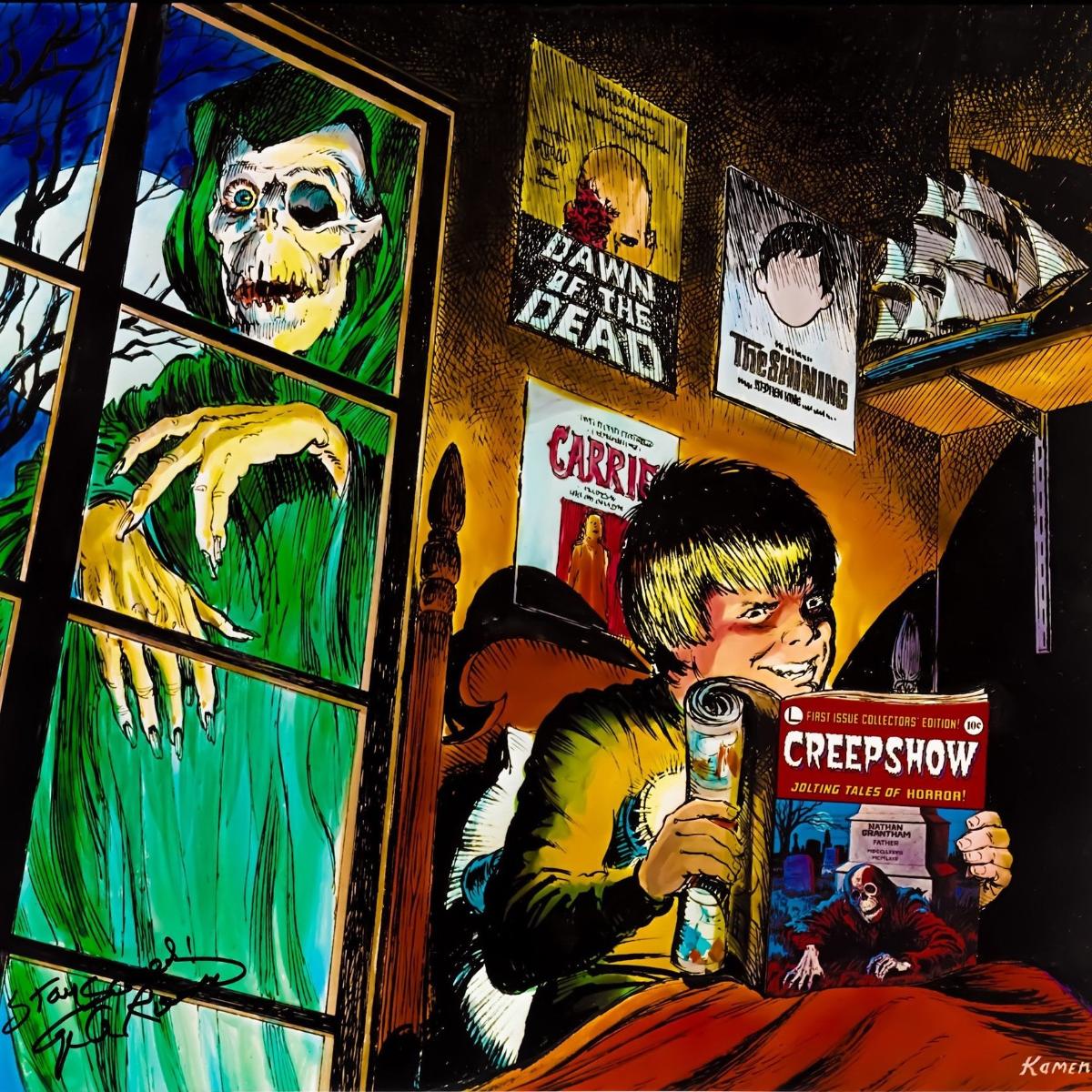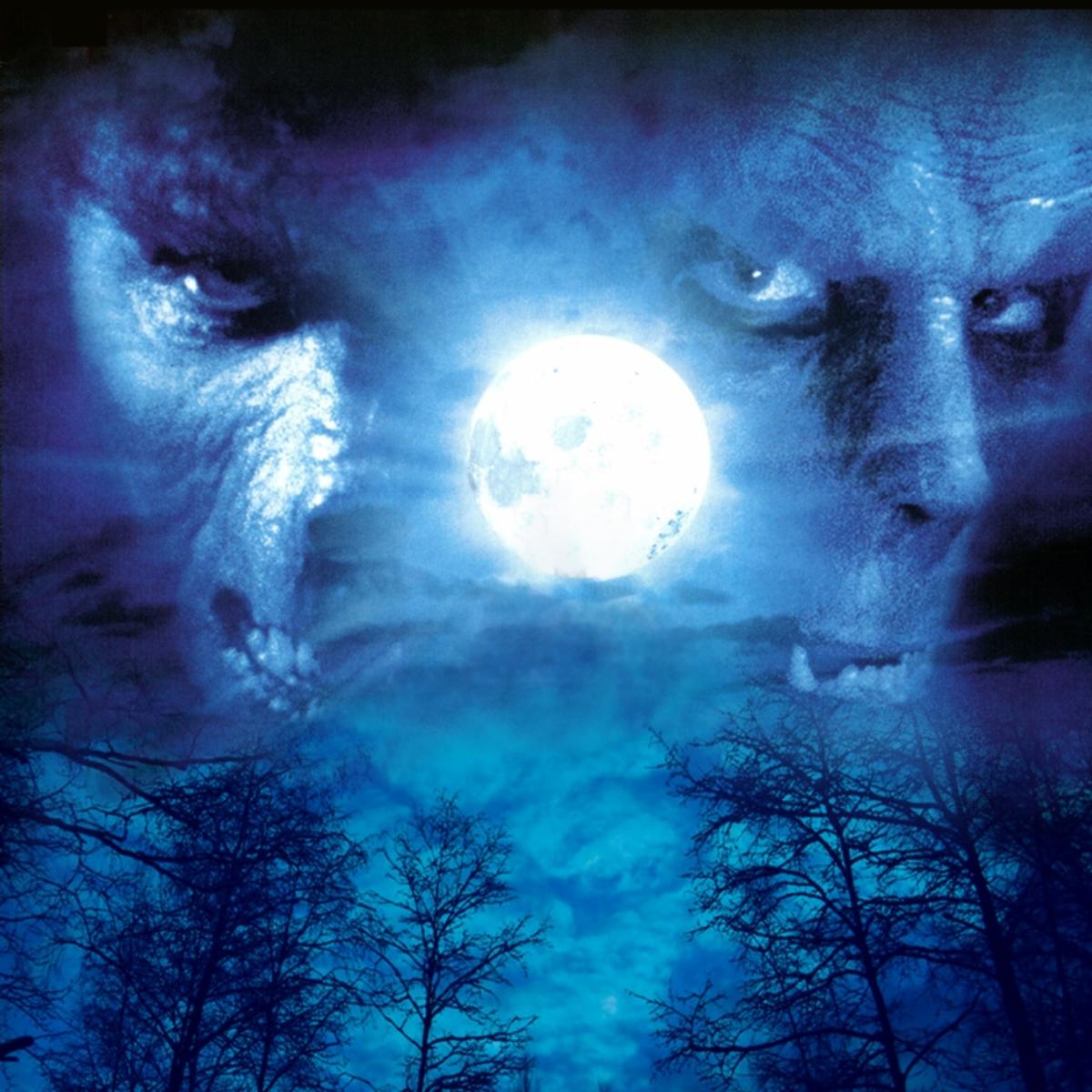The film that King abdicated.
The first thing The Lawnmower Man cuts is any ties whatsoever with its source material. Stephen King’s original short story was a pugnacious little thing about a naked satyr, suburban sin, and a very unlucky customer and Brett Leonard’s 1992 film jettisons everything but the title. Imagine just how bad a King adaptation needs to be to have the author successfully sue to have his name removed. In its disrespect, The Lawnmower Man borders on performance art.
In the nineties, the idea of virtual reality as the next evolutionary leap, a gateway to godhood via joystick, was an intoxicating inevitability But director Brett Leonard and co-writer Gimel Everett’s script – originally titled CyberGod before attempting stolen valour – approaches this big idea like sales reps at a tech convention. The film isn’t really about intelligence, or transformation for that matter; it’s about being very, very impressed with computers. Its horror comes not from the loss of humanity but from watching people mistake wireframes for wonder.
Jeff Fahey’s Jobe Smith, the simple gardener turned digital deity, remains the movie’s saving grace. He brings something almost soulful to Jobe’s rise and inevitable fall, delivering the only performance that suggests an emotional reality behind all the polygons. Pierce Brosnan’s Dr Lawrence Angelo, however, is a very different story. Then again, Brosnan is a very different actor. He excels at suave: Steele, Bond, Crown, he looks sharp in sharp tailoring and cool with a cocktail. He’s undeniably handsome, yes, but performance wise he’s as compressed and hammy as tinned ham. Push him outside that narrow comfort zone of suave and he is one of cinema’s most unconvincing actors. Every performance is stale and laboured, as if even the attempt to emote causes him physical discomfort. The effort radiates off him, but never reaches the performance and as Doctor Angelo, he spends most of his time smoking, usually shirtless, and pontificating but doing remarkably little in the way of actual science.
We’re way outside of King’s country so how does The Lawnmower Man fare as a film in its own right? Well, what might have been a probing cyber-fable about the dangers of digital divinity instead dissolves into a shrill sermon on computerised godhood. The much-vaunted CGI, hailed at the time as revolutionary, now looks like a tech demo for a museum exhibit. Looking back, it’s hard to believe its neon psychedelic dreamscapes were hailed as groundbreaking at the time of release, coming as it did between the likes of Terminator 2: Judgement Day and Jurassic Park, milestone movies in the history of visual effects. It looks like AI slop before AI slop was a thing.
In many ways, The Lawnmower Man feels less made for cinema audiences than for early-’90s gamers and VR enthusiasts, the same crowd queuing up to strap on headsets in shopping centres. New Line’s marketing pushed the “virtual experience” angle hard, and the accompanying video games sealed the deal. What the movie promised was the dawn of interactive transcendence; what it delivered was the first entry in a long-running saga of overhyped virtual messiahs that never arrive. The pattern hasn’t changed: from Second Life to Meta’s billion-dollar metaverse bomb, the dream of living inside your own upgrade keeps crashing every time they try to reboot it.
Had King written CyberGod himself, he’d likely have found something human beneath the circuitry; guilt, faith, obsession, corruption, the old struggle between creator and creation. Leonard gives us none of that. He offers sermon without scripture; a sci-fi Frankenstein drained of insight and instantly dated. If you were to write The Lawnmower Man today, it would have to feature a man “enhanced” by AI who emerges dumber, smugger and absolutely convinced of his genius – if, that is, he hadn’t been replaced by a robot lawnmower before the movie even started.
Leonard’s direction is nothing if not earnest in its belief that computer graphics can replace imagination, and that transcendence lies somewhere in the polygons. The finale, Jobe’s attempt to upload himself to the net, should feel operatically cataclysmic; instead, it’s the loudest screensaver in history. Looking back, The Lawnmower Man is both touchstone and tombstone for Brett Leonard’s career. It made him Hollywood’s techno-prophet and simultaneously sealed his creative fate. Virtuosity and Feed would circle the same obsessions – technology as temptation, creation as contagion – with Virtuosity probably the most successful of Leonard’s three swings at the same concept. His filmmaking never escaped the shadow of The Lawnmower Man, but thematically, he kept wrestling with the ghost in his machine.











